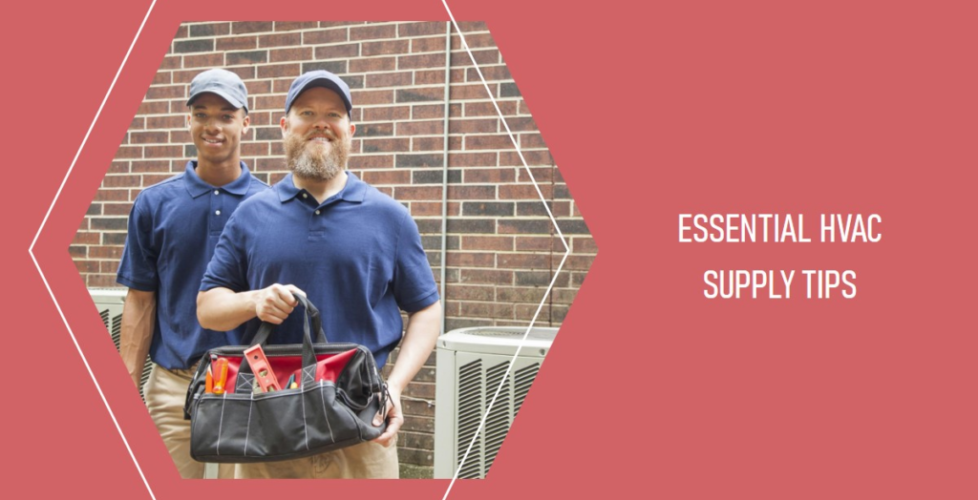Top 5 Factors to Consider When Choosing Quality HVAC Supplies
What should be kept in mind when buying A/C components? Are all parts created equal? Choosing high-quality HVAC supplies is crucial. They affect the system’s efficiency and lifespan. So, pay attention to several key factors when selecting them.
For anyone seeking to upgrade a cooling system, it’s vital to use durable, reliable parts. The second paragraph says air conditioner parts are key to efficiency. However, finding quality components is more than the basics. It’s about knowing which factors help make an effective HVAC setup. This guide lists five key points for selecting quality cooling and ventilation components.
1. Assessing the Energy Efficiency of the Components
Energy efficiency is a top priority when selecting cooling system supplies. Many systems today come with ratings that indicate how well they conserve energy. These ratings, like the EER or SEER, help find parts that can reduce energy use. Using efficient components cuts costs and reduces environmental impact. Many consumers care about this.
Also, efficient components often boost performance. They work with minimal strain on the system. Using energy-efficient components will keep costs low. The system can then maintain comfortable temperatures.
2. Compatibility with Existing Systems
Ensuring compatibility is crucial when replacing or upgrading parts within an HVAC system. Components must fit into existing systems without disruption to function correctly. This will avoid unnecessary issues. Mismatched parts can cause frequent breakdowns and high maintenance costs. They may even lead to system failure. Before buying, verify that the new part matches the system’s make and model.
Additionally, checking compatibility extends to the system’s specifications. This includes voltage, capacity, and connection types. Using compatible parts speeds up installation. It also cuts the risk of expensive repairs later.
3. Considering the Quality and Reliability of Materials
The quality of materials in HVAC supplies affects the system. It impacts both durability and performance. Robust materials make components less likely to fail. They can withstand harsh environments. Corrosion-resistant metals are ideal for moist environments. They prevent rust and extend equipment life.
Reliable materials also contribute to overall system resilience. Durable parts resist wear and tear. They keep the cooling system working for a long time. Thus, prioritizing materials known for their strength and resistance is a wise investment.
4. Examining the Warranty and Support Options Available
Warranty coverage is an essential factor when purchasing HVAC components. A warranty shows the manufacturer’s confidence in the product. It also provides a safety net against defects or malfunctions. Components with strong warranties are often of higher quality. They show a commitment to customer satisfaction.
Equally important is the availability of support services. Many manufacturers provide customer service and tech support. They are invaluable for troubleshooting and maintenance. Before buying, confirm the component has a warranty and support. These factors can greatly affect your experience and peace of mind.
5. Reviewing Cost Versus Value for Long-Term Savings
Cost is a significant factor, but it should not be the sole deciding element. Instead, focus on the value each component offers over its lifespan. Some higher-cost components can save money over time. They may reduce energy use, need fewer repairs, or last longer.
When evaluating cost, factor in savings from lower energy bills and fewer maintenance visits. Quality parts that save money often cost more. But, they perform better and last longer.
Factors to Weigh:
- Initial cost versus expected longevity
- Potential energy savings over time
- Reduction in repair and maintenance costs
By considering the full value, you can balance costs with future benefits. This allows you to make an informed decision.
To maintain or upgrade cooling systems, you must know air conditioner parts. This is key to making informed choices. Each component affects the system’s effectiveness and durability. This includes its energy efficiency and material quality. Quality supplies boost performance. They also save energy and cut costs. Investing in reliable, compatible components ensures an efficient, comfortable system. It will provide peace of mind.


